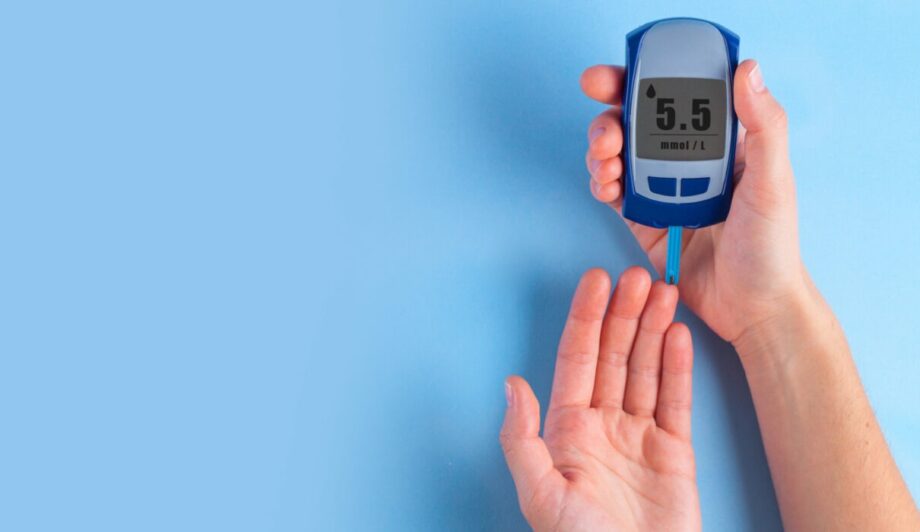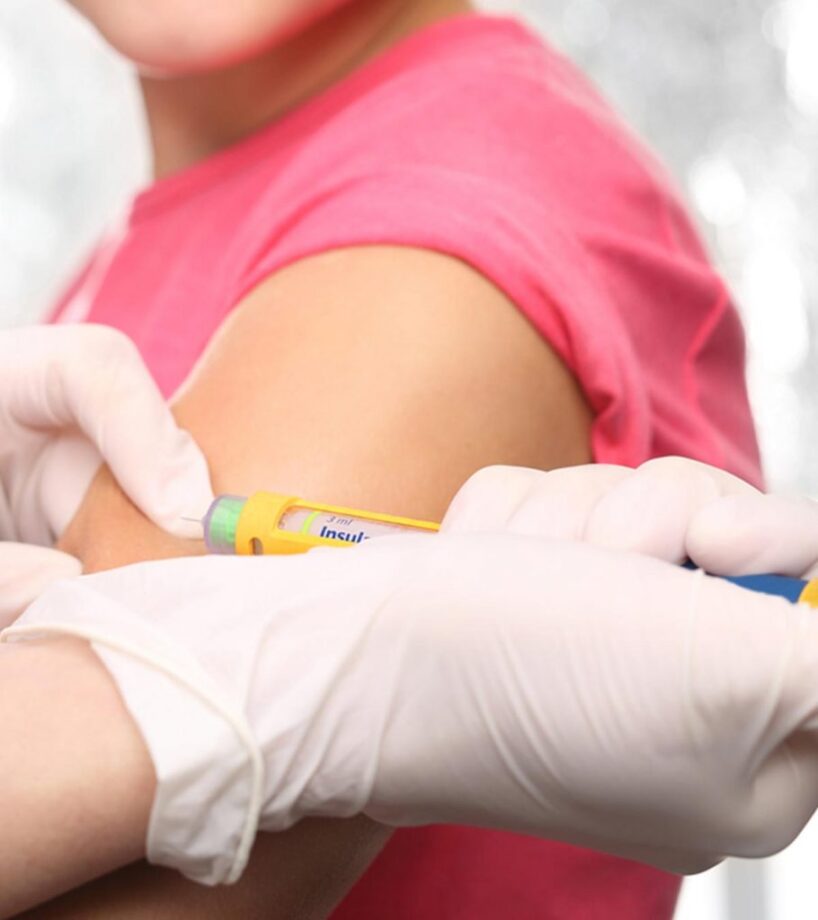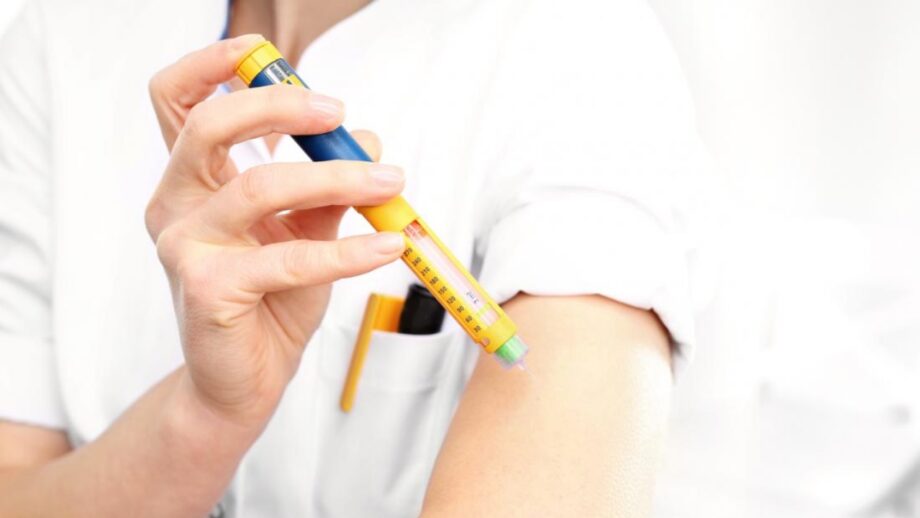According to Juliana Chan (The Chinese University of Hong Kong, Shatin) and colleagues’ research, self-management, which they defined as leading a healthy lifestyle combined with routine self-monitoring of blood glucose (SMBG), was linked to better control of cardiometabolic risk factors, particularly when there was a family history of diabetes present.
A parent or sibling with diabetes impacted 59.5 percent of the 86,931 patients with type 2 diabetes from 427 clinics in 11 Asian nations or regions between 2007 and 2021; however, the frequency varied from 39.1 percent in Vietnam to 85.3 percent in Malaysia. The most often impacted relative was the mother alone (13.2%), followed by the father alone (9.8%), siblings alone (11.5%), and various combinations of the three.
The researchers discovered that persons with a family history of diabetes were significantly diagnosed 4.6 years sooner than those without a family history, despite the fact that the mean age at diabetes diagnosis was 49.8 years (mean 47.9 vs. 52.5 years).
Patients with two affected parents and one or more affected siblings within the family history group presented with the earliest mean age at diagnosis (44.6 years), followed by those with a single affected parent and one or more affected siblings (47.7 years), and those with affected siblings exclusively (51.5 years). There was a statistically significant difference between the groups.
The researchers discovered that people with a family history of diabetes were more likely than those without a family history to have completed middle school or higher education (82.0 vs. 71.6 percent), be employed (48.1 vs. 40.4 percent), and do routine SMBG tests (73.5 vs. 65.9 percent ). However, they were less likely to mention leading a healthy lifestyle, such as eating a balanced diet, abstaining from alcohol and cigarettes, and engaging in regular physical activity.
However, they were less likely to mention leading a healthy lifestyle, such as eating a balanced diet, abstaining from alcohol and cigarettes, and engaging in regular physical activity. Chan and company then looked into whether unhealthy lifestyles and family history interact to advance the age of diagnosis. They discovered that those with family history and fewer than two healthy lifestyle habits recorded were diagnosed at a mean age of 46.0 years at the earliest. At a mean age of 52.8 years, those with two or more healthy habits and no family history were the oldest at diagnosis.
It is noteworthy that persons with a family history of diabetes who reported following two or more healthy lifestyle behaviors had similar mean age at diagnosis to people without a family history but with a less healthy lifestyle (48.2 vs. 50.1 years).
Keep reading IWMBuzz.com





